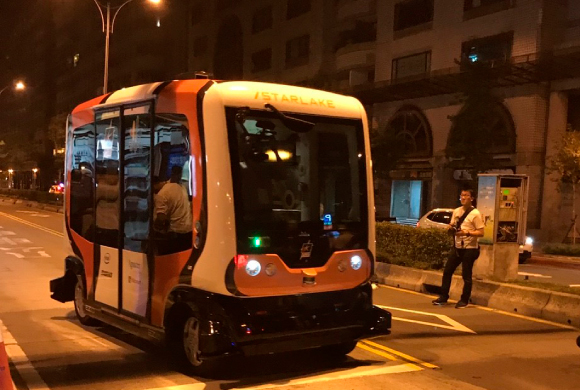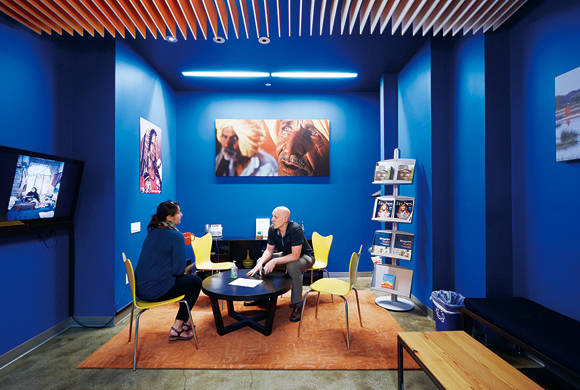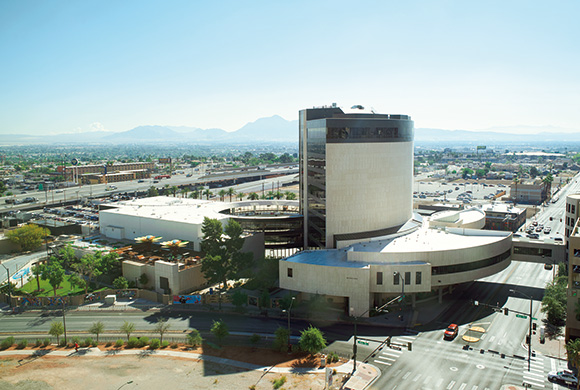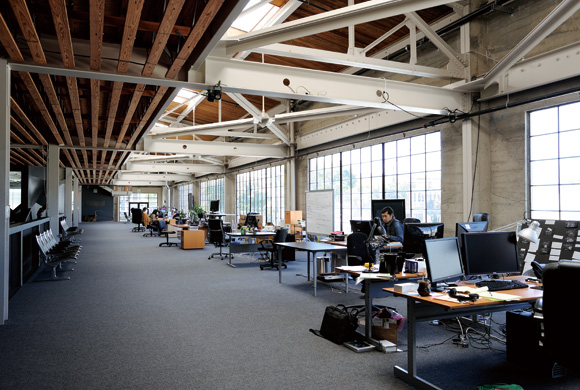Workplace
May. 7, 2019

Acting as a bridge between the government and its citizens, a strategic organization drives Taipei towards becoming a smart city
[Taipei Smart City PMO] Taipei, Taiwan
In recent years, as Taipei pushed hard towards becoming a smart city, one organization has been working on accelerating government action. This organization, called Taipei Smart City PMO (Taipei Project Management Office, hereinafter TPMO), was established in March 2016.
“Taiwan’s government organizations are quite rigid. A smart city needs to be extremely agile and ready to respond, but it is difficult for non-governmental entities to change the administrative system. This is why we founded TPMO,” explains former TPMO executive director, Wei-bin Lee, who founded the institution.
TPMO is an organization affiliated to the Taipei City Government’s Department of Information Technology (DoIT), but none of the employees are civil servants. They are employed by respective private companies and organizations. TPMO’s primary mission is to support city government agencies in adopting innovations from the private sector in order to propel innovation within the government.

The office is located in a building that hosts the city sports center, among other tenants. It is located in the Neihu District, which is often referred to as Taipei’s Silicon Valley because tech companies are concentrated in the area.
https://smartcity.taipei
TPMO’s Purpose and Value
TPMO has three main purposes: To accelerate, to change the culture, and to engage.
“For example, a private entity that wants to install smart street lights for smart feature pilot testing in public area can’t proceed without official approval. Government cooperation is essential in order to enable private sector innovations,” says Lee. “Although innovation is still possible, if we rely on the government’s system alone, progress is slow. This is where TPMO steps in to speed things up.”
Its second purpose is to change the city government’s culture. Lee points out that “Government organizations tend to be reserved and preoccupied with internal matters, but many of the people’s demands are issues that concern multiple departments. The fact is that government agencies aren’t quick enough in addressing to these demands.” TPMO is here to respond to these demands and to help establish a cooperative relationship between the private sector and the public sector.
Weibin Lee is the commissioner of the Department of Information Technology. He professor before taking up his . The third purpose is to engage, to draw in. “In theory, the government is adept in its project planning – but the projects exist mostly in separate silos, with plans drafted by the respective government agencies based on their past experiences and commissioned to the experts they hire,” Lee observes. “Today, however, science and technology are advancing at an amazing speed, unhindered by categorical limitations.” This is why it is crucial for the government to engage citizens. TPMO supports the government where it falls short in involving private and local communities, while also playing an important role in making sure people’s voices are channeled to the right agency(s).

Weibin Lee is the former commissioner of the Department of Information Technology. He professor before taking up his .
Bridging between departments and implementing innovation through the government
Although TPMO operates with the government, it also acts as a bridge between the government and private sectors in order to support government policies. The organization currently focuses on six main areas that the current mayor of Taipei has placed an emphasis on: public housing, healthcare, education, transportation, smart payment, and innovation. One example of Taipei’s smart city projects in innovation is the “Air Box.”
“Air Box” is a product that monitors air quality, particularly PM 2.5. It was first created by an open-source location awareness sensing systems group called LASS, and later made into a product by Taiwanese manufacturers. LASS and the manufacturers saw benefits in raising public awareness about air pollution as well as market opportunities, but lacking real-world deployment mechanism to make it a proven case. Lee explained this is where DoIT and TPMO can help. “These types of innovations simply don’t happen by itself within the government because revealing bad air quality readings poses an issue with the Department of Environmental Protection.” The question, then, is how to enable the use of these types of innovative products and for them to become something positive for both Taipei City’s citizens and administrations.
Lee explains that “With the help of DoIT, the creators of Air Box teamed up with the Departments of Education, the Department of Environmental Protection, and Academia Sinica. All the partners came together to help Air Box’s pilot deployment in municipal elementary schools city-wide. From then on the Air Box project established itself as an ecosystem and quickly spread out to others cities across Taiwan. The project has continued to grow and improve without the help of DoIT or TPMO. ” The success of Air Box in Taipei has also set an example for similar efforts in South Korea and Malaysia.

300 Air Boxes were donated to Taipei City, 150 were installed in elementary schools.
Supporting those who seek to solve practical issues
What kind of future does TPMO see for itself, following its success only two and a half years in? Lee explains that TPMO’s vision is not to solve problems and issues, but to be an organization that supports problem solvers.
“For example, let’s say someone is trying to solve an urban issue – he or she may face many obstacles, like negotiating with the government agencies, or handling legal issues. These are the areas in which TPMO can help. We are able to cross over between bureaucratic boundaries. A water expert that knows about water might not know everything about science and technology, and bureaucracy. Our job is to introduce the water expert to the latest science and technology experts, as well as talking to city officials, so that we may apply it to solve water-related issues.”
Though various professionals are assigned to respective projects accordingly, TPMO’s day-to-day operations are handled by a core team of only 22 members. The compact organization continues to strive to bring innovation from the private sector to an often rigid government system.












